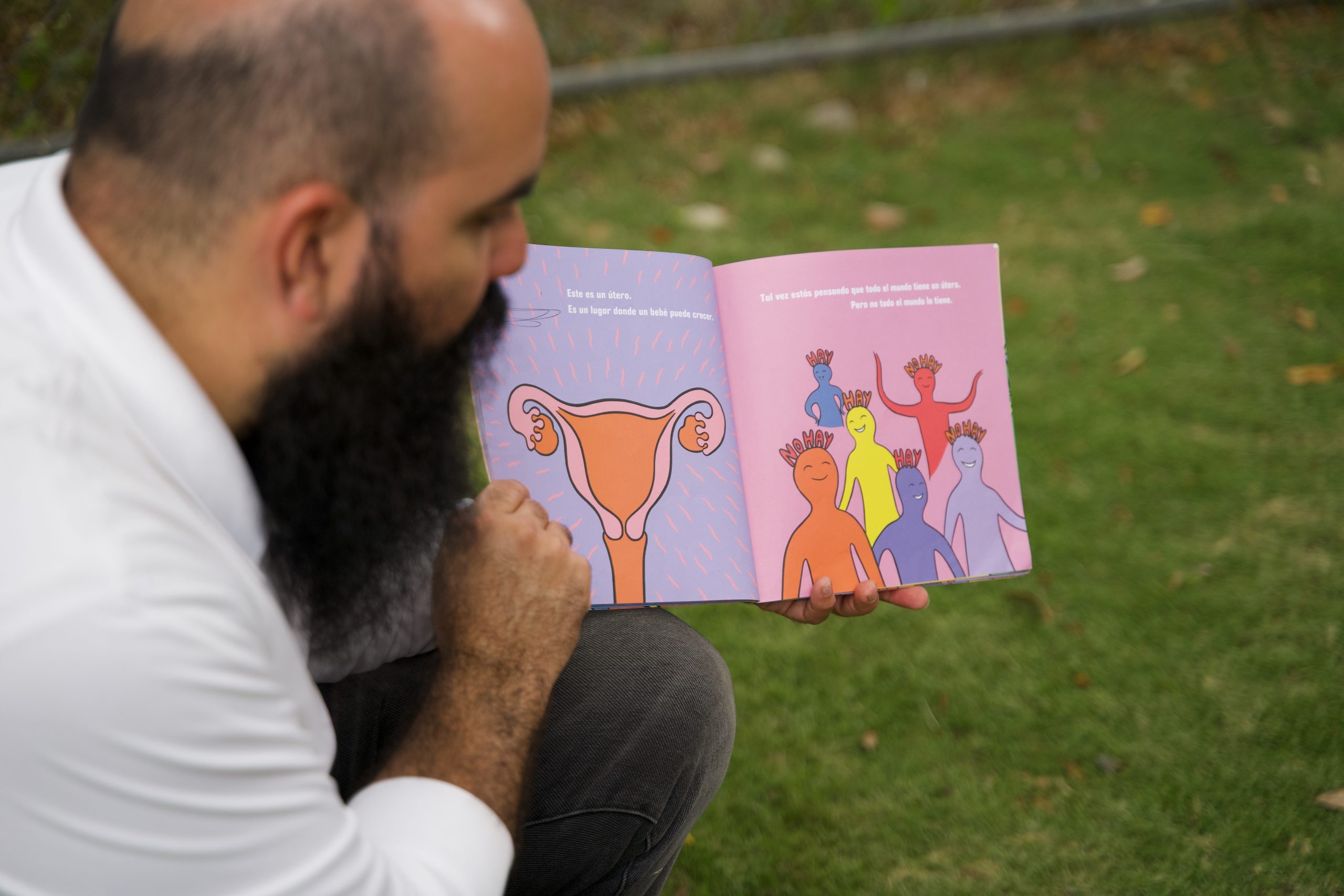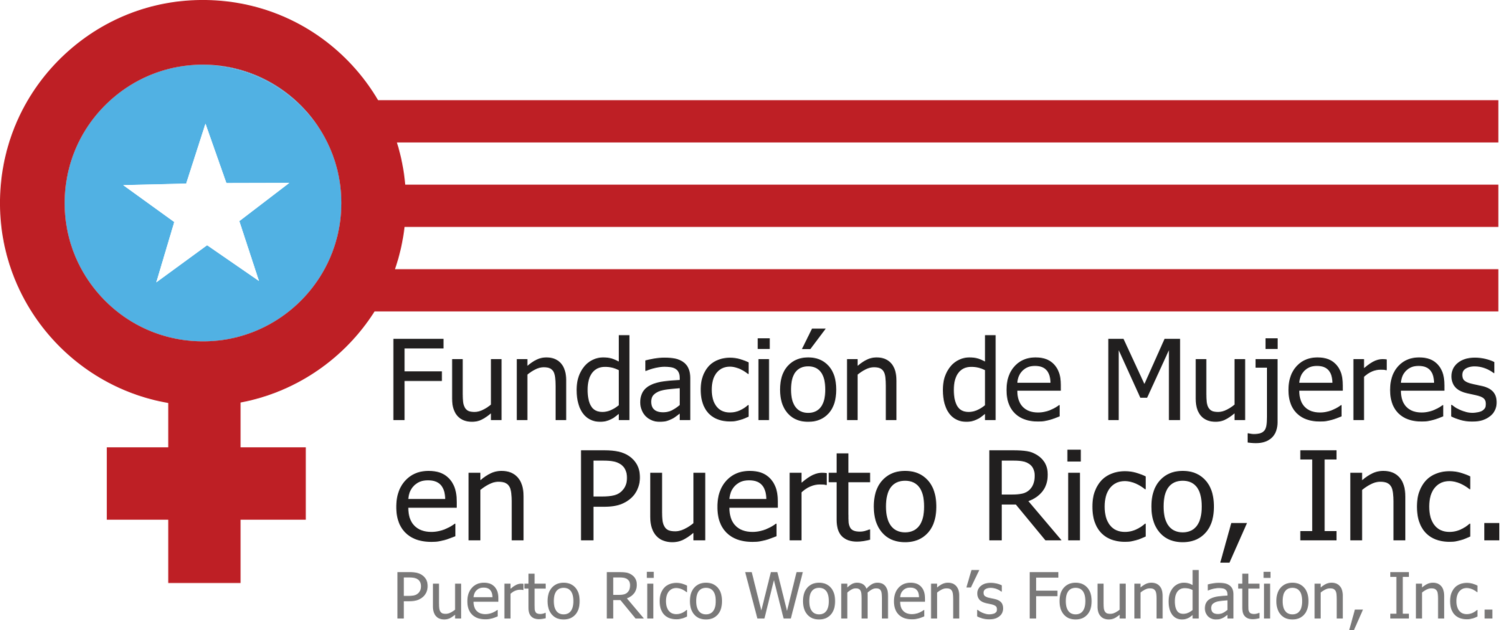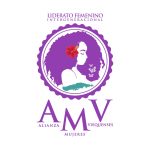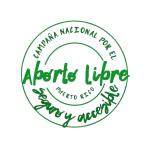REPRODUCTIVE JUSTICE FUND
WHAT IS REPRODUCTIVE JUSTICE?

Reproductive justice is a political and human rights framework that asserts the right to have children, not to have them, and to raise them in safe, sustainable, and dignified environments. This approach recognizes that reproductive decisions are deeply shaped by the social, economic, political, and environmental contexts in which people live. Unlike struggles focused solely on access to abortion or contraception, reproductive justice takes a holistic view of bodily autonomy and sexual and reproductive health as part of collective well-being.
This framework was developed in the 1990s by Black feminists in the United States, including organizations such as SisterSong, as a response to a dominant feminist movement that failed to consider how racism, poverty, migration, and other forms of oppression limited real access to sexual and reproductive rights for women and people from historically marginalized communities.
EDUCATION, RESISTANCE, AND COMMUNITY POWER
The Reproductive Justice Fund, created in 2023, was the first of its kind in Puerto Rico. It was born out of the urgent need to support communities facing persecution, institutional violence, and medical inaccessibility around their sexual and reproductive rights in Puerto Rico.
Through this fund, we support feminist popular education initiatives as strategies for defense, healing, and social transformation. We sustain spaces for gathering, training, and advocacy that equip people with the knowledge they need to make informed decisions about their health, claim their rights, and influence public policies that impact their bodies and lives.
We believe in education as a tool of power. That is why we invest in community organizations that integrate ancestral knowledge, accessible language, and grassroots pedagogical practices to build informed, organized, and resilient communities.
Through this fund, we support feminist popular education initiatives as strategies for defense, healing, and social transformation. We sustain spaces for gathering, training, and advocacy that equip people with the knowledge they need to make informed decisions about their health, claim their rights, and influence public policies that impact their bodies and lives.
We believe in education as a tool of power. That is why we invest in community organizations that integrate ancestral knowledge, accessible language, and grassroots pedagogical practices to build informed, organized, and resilient communities.
THE HISTORY OF REPRODUCTIVE VIOLENCE IN PUERTO RICO
Speaking about reproductive justice in Puerto Rico requires acknowledging a long and painful history of reproductive violence, exercised primarily against poor and racialized women. Between the 1930s and 1970s, approximately one in three Puerto Rican women was sterilized without informed consent as part of colonial population control policies promoted by the U.S. government.
These practices were accompanied by unethical medical experiments, such as the clinical trials of the first contraceptive pills conducted in Puerto Rico without ensuring the safety or full consent of the participating women.
Today, although forced sterilizations are no longer official policy, new forms of reproductive violence persist, such as obstetric violence, which includes the lack of consent in medical interventions, the infantilization of patients, and discriminatory treatment based on race, migration status, or gender identity.
These practices were accompanied by unethical medical experiments, such as the clinical trials of the first contraceptive pills conducted in Puerto Rico without ensuring the safety or full consent of the participating women.
Today, although forced sterilizations are no longer official policy, new forms of reproductive violence persist, such as obstetric violence, which includes the lack of consent in medical interventions, the infantilization of patients, and discriminatory treatment based on race, migration status, or gender identity.
MATERNAL HEALTH IN PUERTO RICO
Between Obstetric Violence and the Denial of Rights
Maternal health in Puerto Rico is undergoing a silent but profound crisis. Despite medical advances, pregnant people face a health system that often prioritizes hospital efficiency and economic interests over the physical, emotional, and spiritual well-being of those giving birth.
An alarming example is the cesarean birth rate, which in Puerto Rico exceeds 49%, placing the island among the territories with the highest rates worldwide. This figure is more than double the range recommended by the World Health Organization (10–15%) and even surpasses 60% in private hospitals. This excess is not justified by medical need but instead stems from structural factors: the excessive medicalization of childbirth, lack of access to midwives and doulas, and a deeply hierarchical, patriarchal, and racist health system.
But the problem goes beyond cesareans. Obstetric violence—including practices such as interventions without consent, humiliating language, denial of companionship during childbirth, or infantilization of patients—remains a persistent reality in Puerto Rico. These practices undermine bodily autonomy, heighten perinatal trauma, and perpetuate inequalities that disproportionately affect Black, poor, young, and migrant women.
In this context, it is urgent to reimagine maternal health through a reproductive justice and human dignity lens. We advocate for models of care that honor the knowledge of those who give birth, integrate practices that respect bodies and the physiological processes of childbirth, and guarantee access to resources such as doulas, certified midwives, and community support networks.
Transforming maternal health in Puerto Rico is a feminist priority: it means returning power to those who give life, recognizing motherhood as an experience that deserves care, respect, and agency, and building a system that prioritizes health and well-being over control and profit.
An alarming example is the cesarean birth rate, which in Puerto Rico exceeds 49%, placing the island among the territories with the highest rates worldwide. This figure is more than double the range recommended by the World Health Organization (10–15%) and even surpasses 60% in private hospitals. This excess is not justified by medical need but instead stems from structural factors: the excessive medicalization of childbirth, lack of access to midwives and doulas, and a deeply hierarchical, patriarchal, and racist health system.
But the problem goes beyond cesareans. Obstetric violence—including practices such as interventions without consent, humiliating language, denial of companionship during childbirth, or infantilization of patients—remains a persistent reality in Puerto Rico. These practices undermine bodily autonomy, heighten perinatal trauma, and perpetuate inequalities that disproportionately affect Black, poor, young, and migrant women.
In this context, it is urgent to reimagine maternal health through a reproductive justice and human dignity lens. We advocate for models of care that honor the knowledge of those who give birth, integrate practices that respect bodies and the physiological processes of childbirth, and guarantee access to resources such as doulas, certified midwives, and community support networks.
Transforming maternal health in Puerto Rico is a feminist priority: it means returning power to those who give life, recognizing motherhood as an experience that deserves care, respect, and agency, and building a system that prioritizes health and well-being over control and profit.
Let’s Build Together a Future Where Choice Is a Right, Not a Privilege
Through the Reproductive Justice Fund, we invest in community organizations that promote bodily sovereignty, informed access, and collective healing as pillars of a truly equitable society. We commit to feminist popular education because we believe in its transformative power: when a community knows its history, its rights, and its possibilities, it becomes the protagonist of its own destiny.
Reproductive justice is not a distant dream—it is a daily practice of resistance, care, and collective organizing. And we need many more people to continue weaving it.
Join this effort. Whether from your community, your organization, your profession, or your lived experience, your voice and your action can help ensure that in Puerto Rico, everyone has the power to decide about their bodies, their lives, and their motherhoods—with freedom and dignity.
Reproductive justice is not a distant dream—it is a daily practice of resistance, care, and collective organizing. And we need many more people to continue weaving it.
Join this effort. Whether from your community, your organization, your profession, or your lived experience, your voice and your action can help ensure that in Puerto Rico, everyone has the power to decide about their bodies, their lives, and their motherhoods—with freedom and dignity.
GRANTEE PARTNERS FROM THE REPRO JUSTICE FUND
FOLLOW US
NEWSLETTER
La Fundación de Mujeres en Puerto Rico se rige bajo el código 1101.01 del Departamento de Hacienda del Estado Libre Asociado de Puerto Rico y bajo el código de Rentas Internas Federal 501(c)(3). Nuestro número de identificación es 66-0931262. Toda donación es deducible de sus impuestos.
© 2025 Copyright Fundación de Mujeres en Puerto Rico, Inc.
Powered by WestCode, LLC











